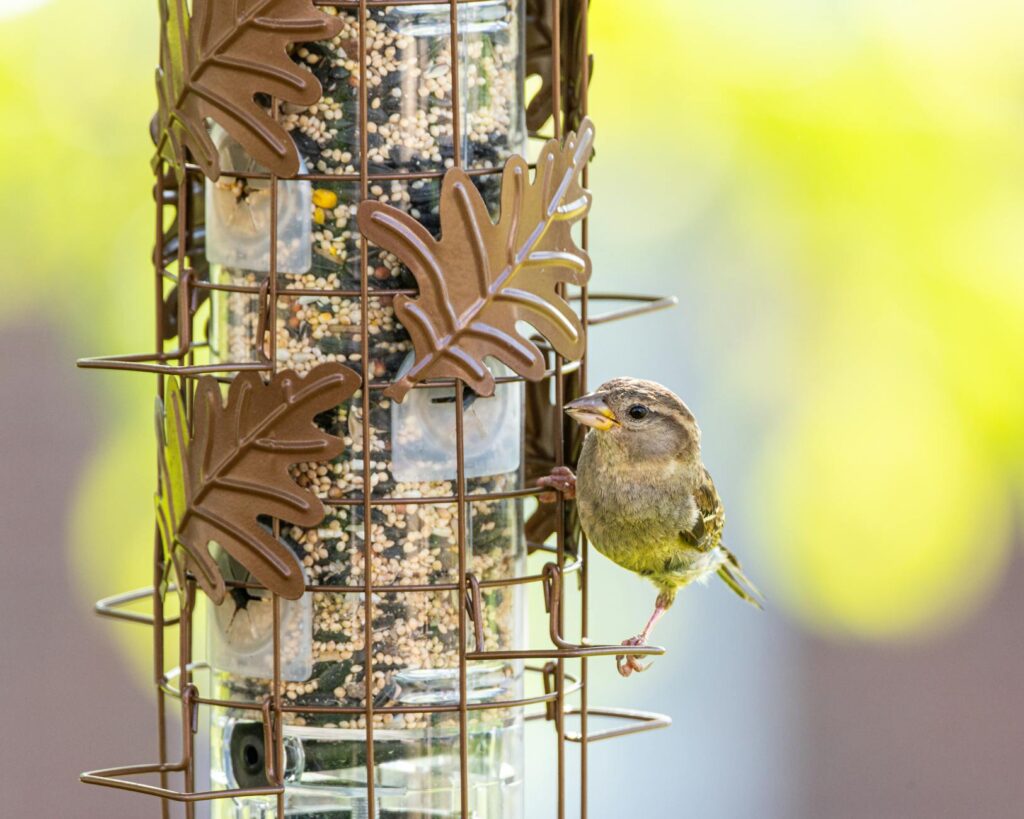Choosing and maintaining the right outdoor AC unit can be tricky. Many myths and misconceptions surround these essential pieces of equipment, leading to confusion and potentially costly mistakes. Let’s debunk five common myths to help you make informed decisions about your cooling system.
Myth #1: Bigger is Always Better
Many homeowners assume that a larger AC unit will provide superior cooling. However, an oversized unit will actually cycle on and off too frequently, leading to less effective cooling, increased energy bills, and a shorter lifespan for the unit. A properly sized unit, matched to your home’s specific needs, is far more efficient. Consider consulting an HVAC professional for accurate sizing calculations. 
Myth #2: You Only Need to Clean Your Unit Once a Year
While annual maintenance is crucial, neglecting regular cleaning can significantly impact your AC unit’s efficiency. Leaves, debris, and other obstructions can restrict airflow and reduce performance. Consider cleaning your unit more often, especially during peak seasons, and learn how to perform basic maintenance tasks yourself. Check out this guide on basic AC maintenance.
Myth #3: All AC Units Are Created Equal
The market offers a wide range of outdoor AC units, each with different features and energy efficiencies. Some units boast advanced technologies like variable-speed compressors and smart home integration, leading to significant savings in energy costs. Before purchasing, compare models, considering factors such as SEER ratings and energy efficiency certifications. You can check out more information on SEER ratings.
Myth #4: Regular Maintenance Is Too Expensive
While professional maintenance may have a cost, neglecting it is far more expensive in the long run. Regular servicing ensures that your unit runs efficiently, increasing its lifespan and reducing the risk of costly breakdowns. Moreover, regular maintenance can help you to identify potential problems early, before they escalate and require significant repairs. Consider budgeting for annual maintenance as part of your overall home upkeep. 
Myth #5: You Can Fix It Yourself
While basic maintenance, such as cleaning, is often manageable for DIY enthusiasts, attempting complex repairs yourself can be dangerous and may void your warranty. Many AC unit components carry high voltages, posing risks of electrical shocks. Unless you have extensive experience working with HVAC systems, always call a qualified technician for repairs. Learn more about safe AC handling.
Myth #6: Location Doesn’t Matter
The placement of your outdoor AC unit significantly impacts its performance. Ensuring adequate space around the unit for airflow is crucial. Poor placement can lead to overheating and reduced efficiency. Consider the unit’s location carefully to maximize airflow and minimize obstructions. 
Myth #7: Turning it Off Saves Energy
Contrary to popular belief, leaving your AC unit running continuously at a higher temperature setting often consumes less energy than constantly cycling it on and off. Frequent cycling puts extra stress on the compressor, potentially shortening its lifespan. Explore energy-efficient cooling strategies for your home.
In conclusion, understanding these common myths helps homeowners make informed decisions about their outdoor AC units. By debunking these misconceptions, you’ll be better equipped to select, maintain, and operate your cooling system for optimal performance and longevity. Remember, proper maintenance and professional advice can make all the difference!
Frequently Asked Questions
What is a good SEER rating for an AC unit? A SEER rating of 16 or higher is generally considered efficient. Higher SEER ratings indicate better energy efficiency.
How often should I change my air filter? You should aim to change your air filter every 1-3 months, depending on usage and household conditions.
How can I extend the lifespan of my outdoor AC unit? Regular professional maintenance, proper cleaning, and avoiding overloading the unit are all key to maximizing its longevity. You can find expert advice from qualified HVAC professionals.
What are some signs I need to call for AC repair? Unusual noises, poor cooling, leaking water, or a frozen evaporator coil are all signs of potential problems that warrant a professional inspection.





